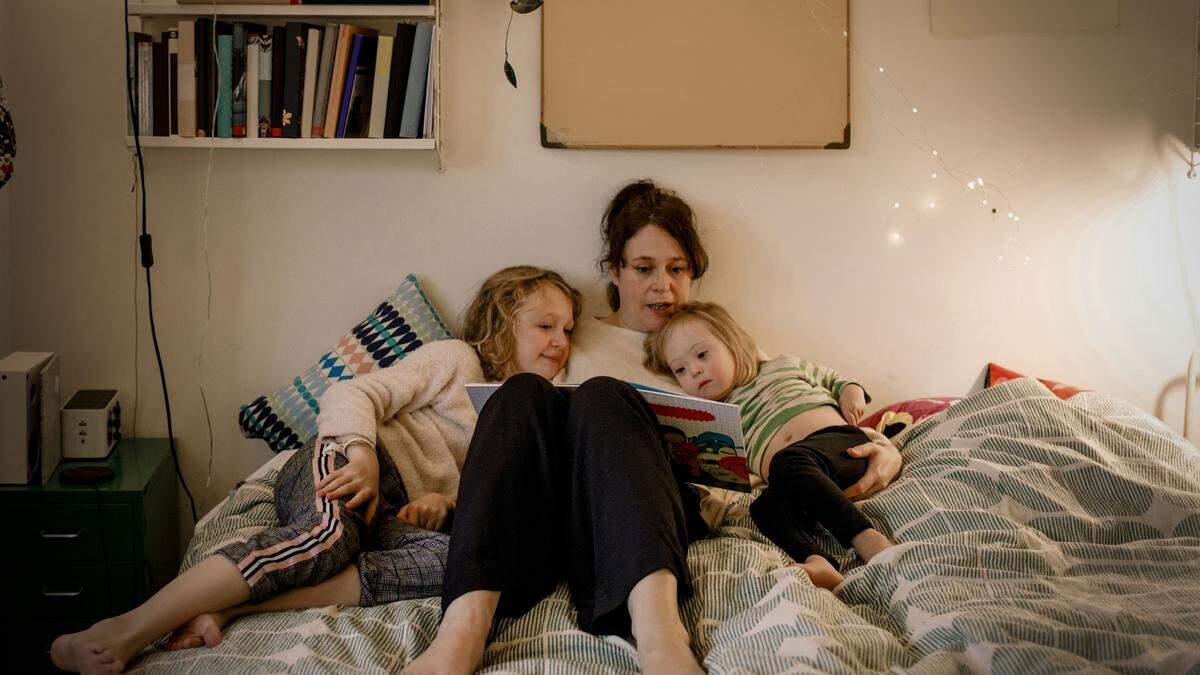Self-Employment Linked to Lower Heart Disease Risk

New study suggests self-employment may reduce the risk of heart disease.
gettyEvery 33 seconds, someone in the U.S. dies from cardiovascular disease, according to the CDC. Yet a new 2025 UCLA analysis of 20,000 working adults finds that self-employment, especially for women, is linked to significantly lower rates of obesity, inactivity, and poor sleep, three of the biggest drivers of heart trouble. Here’s what that means for anyone considering self-employment, including a side hustle, gig work, or simply pushing for more flexibility in their day job.
The UCLA study used data from the National Health and Nutrition Examination Survey (NHANES), a rigorous national dataset that combines in-person exams, objective health measures, and detailed questionnaires. Researchers analyzed factors such as body mass index (BMI), blood pressure, exercise frequency, and sleep patterns, providing a comprehensive view of participants' heart health.
Here’s what the researchers discovered:
Why might self-employment boost women’s health? The study's authors and outside experts point to the job-demand-control model—a theory that suggests autonomy (control over tasks and schedules) buffers against job stress and its physiological effects.
“There is a relationship between self-employment and heart disease risk factors and this relationship seems to be stronger in women relative to men,” said lead author Dr. Kimberly Narain, assistant professor-in-residence of medicine at the David Geffen School of Medicine at UCLA. “It is imperative to increase our understanding of how the work environment gets under our skin so we can come up with ways to ensure that everyone has access to a healthy work environment.”
Research from Harvard and other institutions consistently finds that high job control is associated with better cardiovascular outcomes, especially for women.
Consider what a typical day looks like for someone self-employed:
By contrast, traditional employment often involves stricter schedules, mandatory meetings, and fewer opportunities to tailor work to one’s well-being.
While women enjoyed clear benefits, the study found that men did not experience the same heart health advantages from self-employment. In fact, Black and Hispanic men who were self-employed had similar or even worse risk profiles than their employed peers.
Experts suggest several possible explanations:
This nuance matters because self-employment is not a universal cure-all, and policies to support healthier work should be mindful of structural and demographic differences.
Heart disease remains the top killer of American women, but it’s also among the most preventable. According to the CDC, small changes in weight, activity, and sleep can dramatically lower risk. Employers who care about the well-being—and long-term productivity—of their teams can make a difference by:
If you’re self-employed, or thinking about it ,you can maximize the health benefits of autonomy with a few mindful steps:
The science is clear. Autonomy at work isn’t just about productivity or job satisfaction. It could be a literal lifesaver. If you’ve ever considered a side hustle, self-employment, or simply pushing for more flexibility in your day job, now is the time. Your heart may thank you for it.











